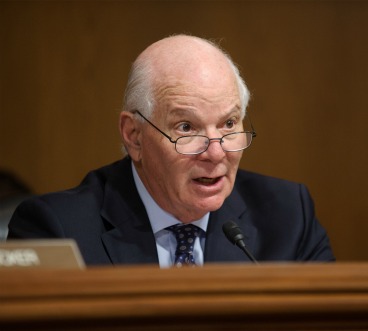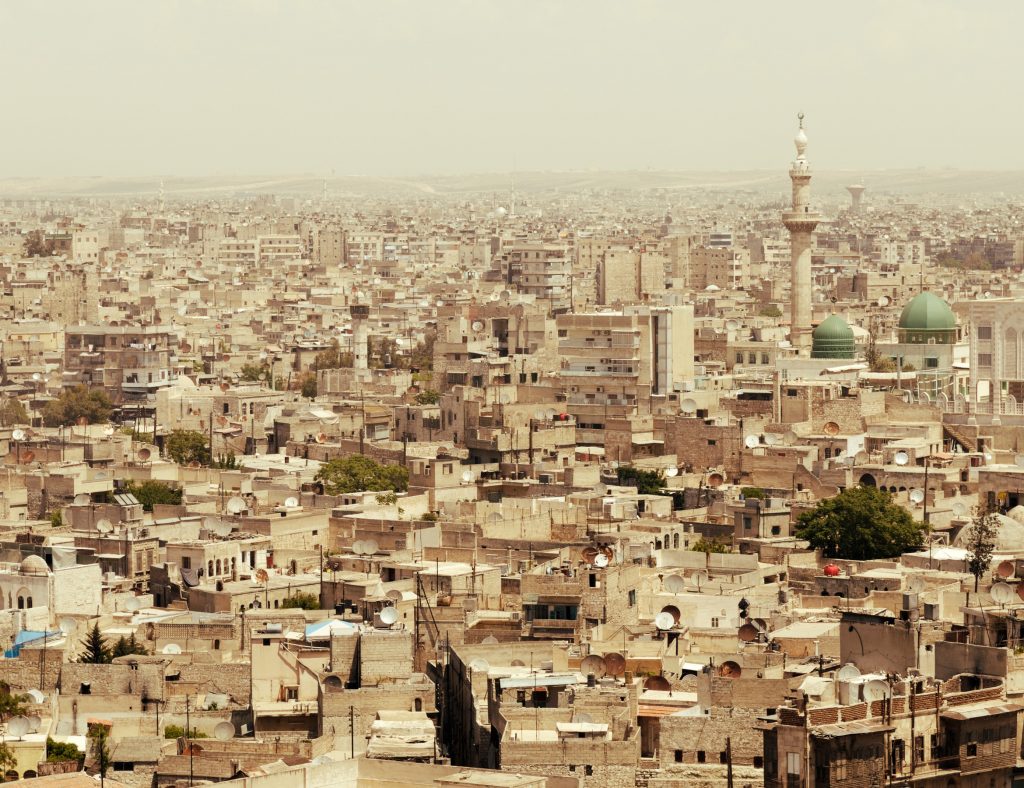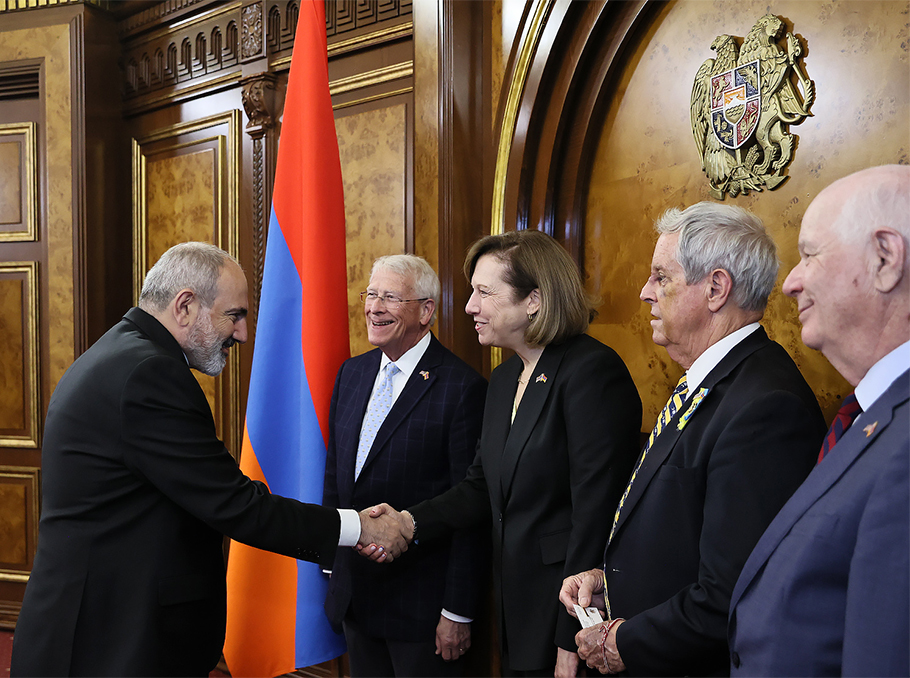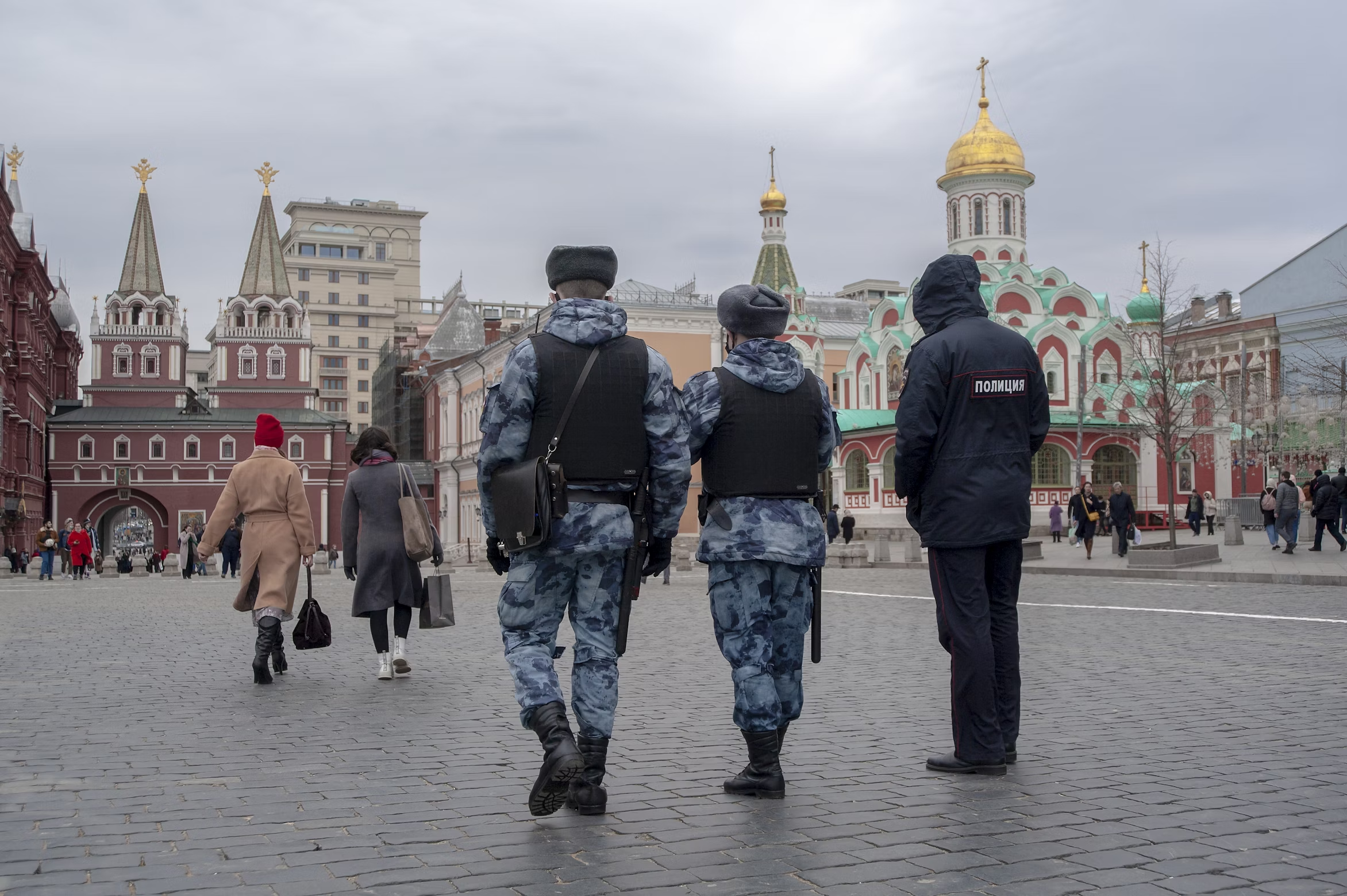Madam President, I rise today to mark International Human Rights Day, a day which celebrates the adoption of the Universal Declaration on Human Rights by the UN General Assembly on December 10, 1948.
In the immediate after math of World War II, and reacting with revulsion to the horrors of that global war and the Holocaust, the community of nations organized itself with the goal of protecting international peace and security. Although the United Nations’ founding Charter recognized the protection of human rights as one of the UN’s most basic purposes, it was quickly recognized that it would be necessary to further elaborate these fundamental freedoms in order to ensure their protection. The resulting document–the Universal Declaration of Human Rights–has since served as the foundation upon which all other human rights work at the international level has stood. It remains to this day an enduring guide for human rights advocates around the globe.
This has been an exciting and dramatic year that will be remembered for the triumphs of the Arab Spring. The fall of so many dictators who have been responsible for the deaths, torture, and other atrocities meted out against so many has opened up the exhilarating prospect of real reform and meaningful human rights improvements. But the final chapter of the Arab Spring has not yet been written, and nothing can be taken for granted.
Progress in this field is not necessarily linear. As Ronald Reagan said in his inaugural address, “Freedom is a fragile thing and is never more than one generation away from extinction.”
I believe it is especially critical, at this historic moment, for the United States to remain vigilant in the protection and promotion of human rights–abroad and at home.
Overseas, the United States must continue to use our voice to speak on behalf of those silenced by brutal regimes. We must continue to lift up those who cannot stand on their own. And while we must inevitably pursue a multifaceted foreign-policy that advances American goals in a broad range of areas including hard security and the economy, we must never treat human rights as something expendable.
I take particular note of the countries that stand shoulder to shoulder with us in that effort. I welcome Polish Foreign Minister Radek Sikorski’s call for a “European endowment for democracy,” similar to the National Endowment for Democracy which the United States has supported since 1983. I commend Poland for the leadership it has shown on human rights issues during its presidency of the European Union.
In all of these efforts, the role of civil society remains critical. On the 50th anniversary of the adoption of the Universal Declaration of Human Rights, the United Nations adopted a declaration on the rights of human rights defenders. They are the first line of defense and they often pay the highest price.
There are, unfortunately, too many cases of human rights defenders who are imprisoned, persecuted or worse, for me to raise them all here. But I would like to mention one in particular that maybe emblematic of many others: the case of Evgenii Zhovtis, Kazakhstan’s most well-known human rights activist.
Zhovtis is the Director of the Kazakhstan International Bureau for Human Rights and Rule of Law and even a member of the OSCE Office for Democratic Institutions and Human Rights’ panel of experts on freedom of assembly. But he was involved in a tragic car accident in which a pedestrian was killed and, after a trial widely condemned for lacking due process, he was sentenced in 2009 to 4 years in prison.
A year ago, at the OSCE Summit in Astana, civil society activists called for Zhovtis’ release. As one NGO participant remarked:
Evgenii is the human rights Everyman. If this can happen to him, it can happen to anyone.
A year later, Evgenii Zhovtis remains in a Siberian penal colony, even as Kazakhstan prepares to host an OSCE election observation mission. In the spirit of the Universal Declaration of Human Rights, I once again urge President Nazarbayev to review his case and to release him.










